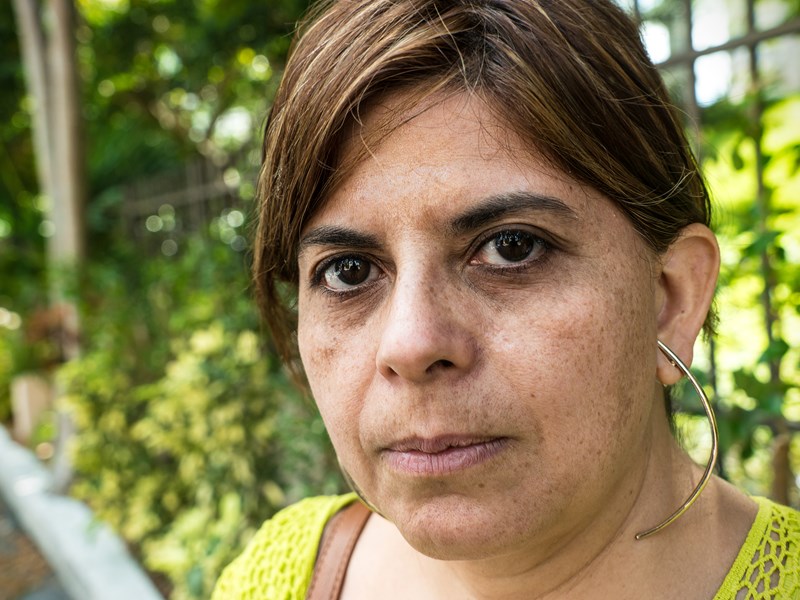Advocates for Basic Legal Equality, Inc. (ABLE) is a non-profit regional law firm that provides high quality legal assistance in civil matters to help eligible low-income individuals and groups in western Ohio achieve self reliance, and equal justice and economic opportunity.
Reducing Mental Health Stigma Among Racial and Ethnic Minorities and Non-English Speaking Communities

For over 50 years, Advocates for Basic Legal Equality, Inc. (ABLE) has defended and increased immigrants’ rights through legal representation and education, impact litigation, policy advocacy, and outreach work. This history and follow-through have led to ABLE becoming one of the go-to organizations when it comes to best practices in education and outreach in the agricultural workers and immigrant community.
One of our recent agricultural worker and immigrant-focused programs, the Stigma Reduction Expansion Initiative, is a collaboration between ABLE’s Agricultural Worker and Immigrant Rights Community Outreach Program (AIR) and several community partners across Ohio. It is generously supported by the Ohio Department of Health. Last year, our AIR team presented to the Ohio Department of Mental Health and Addiction Services on the topic: “Stigma Reduction Expansion Initiative - Reducing Stigma Among Racial and Ethnic Minorities and Non-English-Speaking Communities.” We discussed the specific mental health needs and barriers of these hard-to-reach communities and our work with partner organizations toward shared goals. Since the presentation, and as in previous years, we are launching another season of outreach to agricultural workers and immigrants throughout Ohio.
The AIR outreach program educates and empowers agricultural workers, immigrants, and refugees by providing vital information on how to access to mental health services they do not know are available or don’t access due to stigma around seeking mental health care. In addition to legal rights education, the program also promotes COVID-19 safe practices in agricultural worker and immigrant work environments, including over 200 Ohio agricultural camps throughout the state. Poor mental health and addiction can be difficult to identify and treat in these settings, and agricultural workers facing language barriers, limited access to health insurance, and high poverty rates may experience increased occurrences of depression.
Addressing the “Public Charge” Rule Head-On
ABLE’s outreach activities are extensive and include providing Know Your Rights information and education about immigrant rights under the “public charge” rule. Issued in 2019, the rule denied green cards to immigrants if officials determined they might benefit from safety net programs, such as rental assistance or food stamps. The rule has created widespread confusion, fear, and stigma in immigrant, LEP (limited English proficient), and rural communities related to COVID-19, and many immigrants falsely believe that vaccinations, treatment, and testing fall under the “public charge” rule. As a consequence, they avoid COVID best practices. To combat misinformation about the public charge policy, outreach workers distribute information about legal rights and mental health resources and address the community’s concerns in a language and culturally appropriate manner that is easy for them to understand.
Our direct outreach remains the most effective way to reach the greatest number of agricultural workers who have no other access to information about their legal rights, reaching nearly 2000 people in 2021. Find out more about our educational and outreach resources at www.immigration.ablelaw.org.
